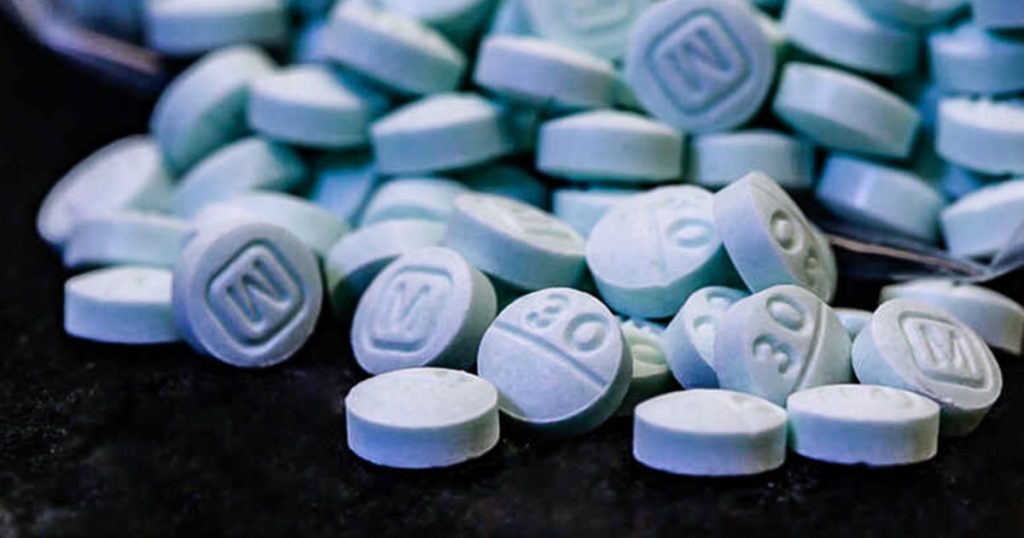Police in Austin, Texas, were faced with a concerning outbreak of over 50 opioid-related overdose calls, which resulted in as many as eight deaths. The situation began on Monday morning, with an increase in opioid-related calls that continued through to Tuesday. The incidents were concentrated in the downtown area but quickly spread throughout the entire city. Normally, emergency medical services receive 2 to 3 overdose calls per day, but during this surge, they responded to about 51 calls. The patients affected ranged in age from their 20s to 50s, with many requiring doses of Narcan, an opioid overdose reversal drug, to survive.
The Assistant Chief of the Austin Police Department, Eric Fitzgerald, stated that it was clear that a deadly batch of illicit narcotics was circulating in the community. The rapid response of paramedics in distributing over 267 doses of Narcan was credited with saving lives during this crisis. Four individuals died from suspected overdoses, and the Travis County medical examiner was involved in cases of eight deaths that were deemed suspicious for a drug overdose. Police have detained two persons of interest in connection with the overdoses, with one individual already facing charges of felony possession of a firearm. An ongoing investigation will determine if additional charges are warranted in this case.
The surge in opioid-related calls in Austin was described as unprecedented since 2015 when K2, a synthetic marijuana, caused a mass overdose event in the community. The sheer volume of overdose cases overwhelmed emergency responders, highlighting the urgent need for effective intervention strategies to combat the opioid crisis. The distribution of Narcan was crucial in preventing further fatalities and ensuring that individuals had a chance at survival. The collaboration between law enforcement and medical personnel was essential in managing the situation and addressing the immediate health risks posed by the dangerous narcotics.
Authorities emphasized the importance of timely access to overdose reversal drugs like Narcan in saving lives during opioid-related emergencies. The deputy medical director for Austin, Heidi Abraham, highlighted how Narcan played a critical role in keeping individuals alive during the outbreak of overdoses. The medical examiner’s involvement in assessing the suspicious deaths underscored the severity of the situation and the need for a thorough investigation to determine the root cause of the crisis. Collaboration between various agencies and stakeholders will be essential in developing strategies to prevent future incidents of this nature and address the underlying issues contributing to the prevalence of illicit narcotics in the community.
Police officials stressed the need for vigilance in identifying and addressing the circulation of deadly narcotics within the community. The apprehension of persons of interest in connection with the overdose outbreak indicated progress in the investigation, but further steps were required to hold accountable those responsible for distributing dangerous substances. The tragedy of multiple deaths and numerous overdoses served as a stark reminder of the ongoing challenges posed by the opioid epidemic and the critical importance of comprehensive response and prevention efforts. By working together across disciplines and sectors, communities can strengthen their capacity to respond effectively to public health emergencies and protect the well-being of their residents.


